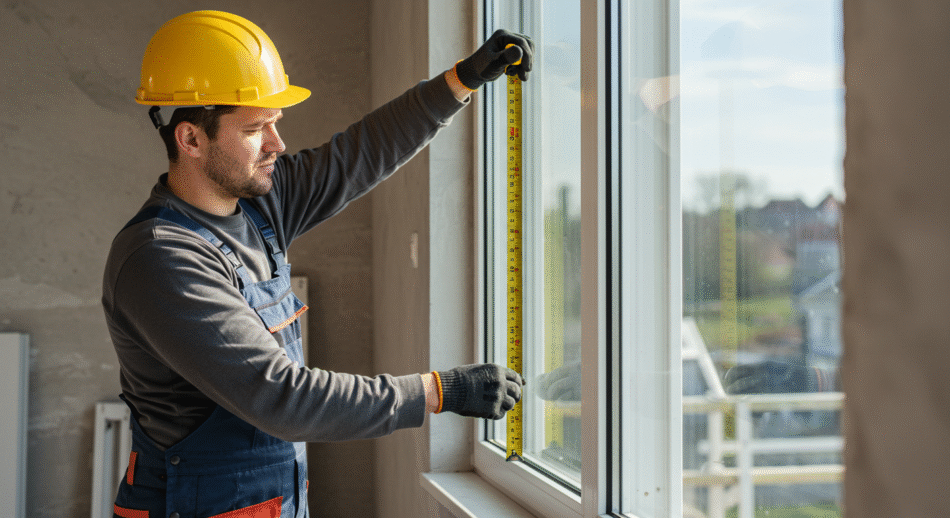The Growing Demand for Skilled Contractors
In today’s construction and renovation industry, the role of a door and window contractor is more important than ever. With the rise in home improvement projects and the emphasis on energy-efficient installations, homeowners and developers seek experienced professionals to manage their door and window upgrades. But becoming a successful contractor in this field is not merely about having technical skills—it also requires business acumen, customer service, compliance with regulations, and a keen eye for quality workmanship. Whether you are new to the industry or considering a career change, understanding the journey to becoming a door and window contractor is crucial for success. This field is highly competitive, and standing out means mastering your trade, building a trustworthy reputation, and staying updated with modern trends and tools. From apprenticeships to licensing, from mastering measurements to learning how to communicate effectively with clients, the path involves dedication and continuous learning. In this article, we’ll explore each stage of the process and what it takes to build a reputable, thriving business in the industry of door and window contractor.
Education and Initial Training
The first step toward becoming a successful door and window contractor starts with acquiring the proper education and training. While a college degree is not always required, many successful contractors begin with a high school diploma or GED and then pursue specialized trade school courses or community college programs in carpentry or construction. These programs provide foundational knowledge in mathematics, blueprint reading, building codes, and material science—all essential to the job.
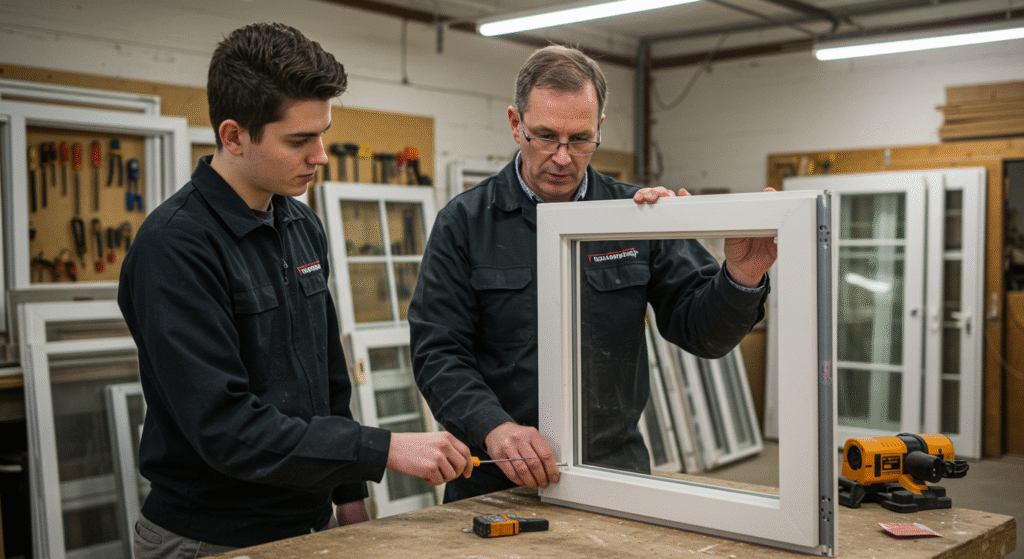
More importantly, aspiring contractors often enter into apprenticeships or on-the-job training programs where they gain hands-on experience under the supervision of seasoned professionals. These apprenticeships allow learners to familiarize themselves with tools, safety standards, and installation techniques specific to door and window contractor. Some states may also require specific coursework in construction safety, environmental practices, or OSHA standards before individuals can advance. Choosing the right educational path early on not only helps you develop core competencies but also demonstrates to potential employers or clients that you’re committed to quality and professionalism. This stage lays the groundwork for a deeper understanding of what it takes to be trusted in this highly specialized trade.
Certification, Licensing, and Legal Requirements
Once the initial training phase is completed, the next step is meeting local, state, or national certification and licensing requirements. These requirements vary significantly by region but typically include passing written exams that test your knowledge of building codes, safety regulations, and proper installation practices. Contractors may also need to demonstrate their proficiency through practical assessments. Being licensed is not only a legal requirement in many areas—it’s also a sign of credibility that clients look for when hiring professionals. In addition to licensing, obtaining certification from recognized organizations can further validate your skills. Certifications like those from the American Window and Door Institute (AWDI) or the Installation Masters program are respected in the industry and often required by manufacturers for warranty-backed installations. Business licenses, insurance (such as liability and workers’ compensation), and bonding may also be needed before you can legally start offering your services. Ensuring compliance with all regulatory standards protects both your business and your clients, giving you a competitive edge. Staying current with renewals and legal updates is a long-term responsibility, but it’s vital to building a trustworthy and law-abiding reputation in the industry.
Technical Skills and Hands-On Expertise
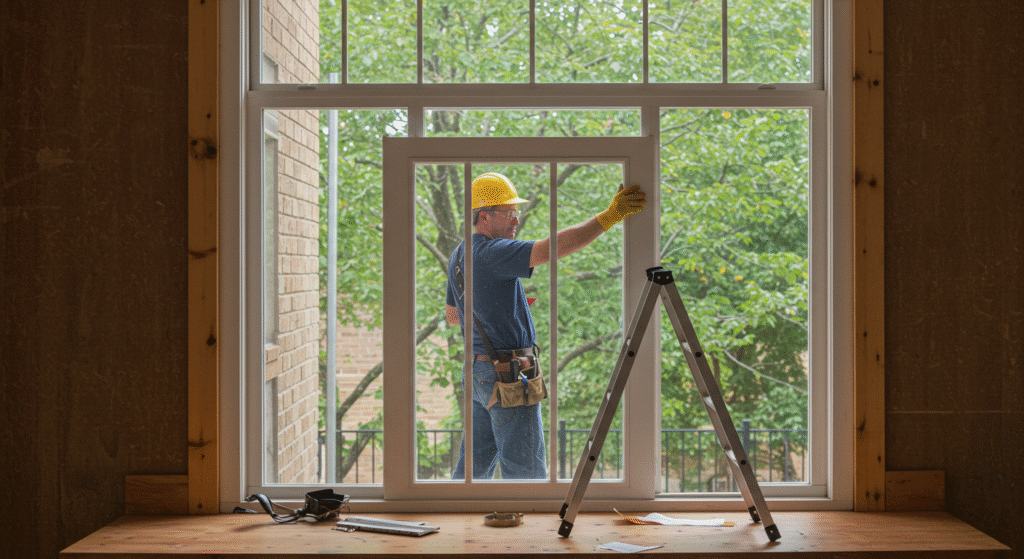
Mastering the craft of door and window installation requires more than textbook knowledge—it demands years of practice and the development of fine technical skills. Contractors must learn how to measure openings accurately, handle and transport fragile materials like glass safely, and work with various types of door and window contractor, including wood, vinyl, aluminum, and composite materials. They also need to understand how to seal gaps to prevent drafts and moisture intrusion, as well as how to identify structural issues that may affect the installation. Having a broad skill set also means being familiar with modern tools like laser measurers, digital calipers, and even thermal imaging devices to check energy efficiency. Contractors must also be able to adapt installations to the unique specifications of each project. An installer might be working on a historic home one day and a modern commercial building the next. Precision, patience, and problem-solving are critical traits for success. Beyond installation, being able to assess the condition of existing windows and doors and recommend suitable replacements adds value to your service. Continuous practice sharpens these skills, turning everyday work into an art form that clients recognize and trust.
Customer Service and Business Ethics
One of the most underestimated aspects of becoming a successful door and window contractor is customer service. While technical expertise is essential, your ability to communicate with clients, understand their needs, and address concerns effectively plays a pivotal role in growing your business. Successful contractors know how to listen and translate a homeowner’s vision into reality while managing expectations related to budget and timelines. This process requires professionalism, transparency, and integrity. Respectful conduct, punctuality, and cleanliness on the job site reflect positively on your brand. Beyond that, ethical practices such as honoring contracts, providing accurate estimates, and following up after installations help build long-term relationships and generate repeat business.
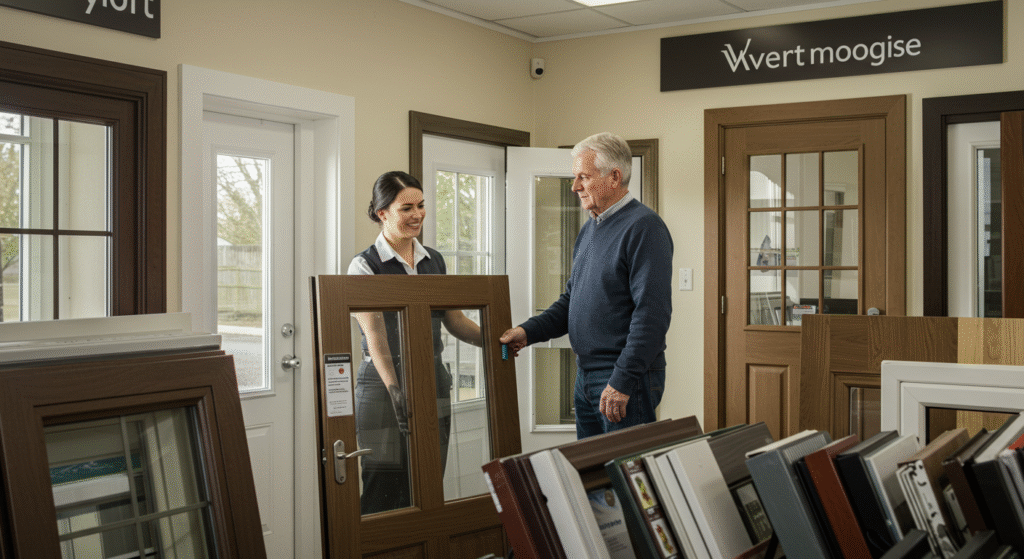
In today’s connected world, online reviews and referrals can make or break your reputation. A satisfied client is likely to share their experience, which can lead to more opportunities. Therefore, focusing on customer satisfaction and ethical business practices is not only the right thing to do—it’s also smart business strategy. A contractor who combines quality craftsmanship with excellent interpersonal skills will quickly rise above the competition and establish themselves as a reliable expert in their field.
Marketing and Building a Reputation
With the technical and ethical foundations in place, the next major challenge is establishing your presence in the marketplace. Effective marketing is key to attracting and retaining clients. This starts with building a strong brand identity, including a memorable business name, logo, and professional website. Having an online portfolio showcasing your past projects helps prospective clients visualize your work quality and versatility. It’s also wise to include testimonials and certifications on your site. Local SEO (Search Engine Optimization) ensures your business is visible to people searching for door and window contractor services in your area.
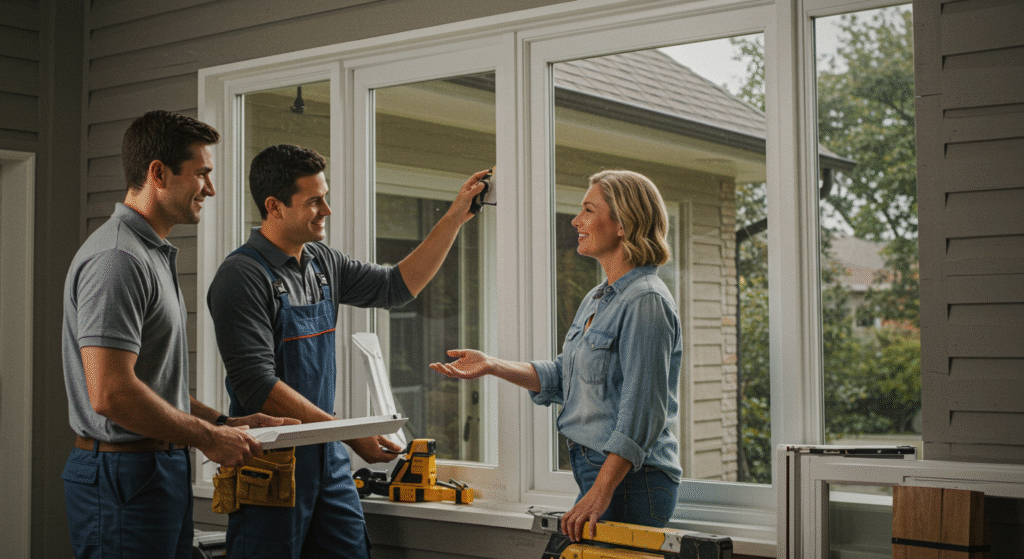
For instance, if you’re based in California, securing backlinks like Best Window Replacement Los Altos CA will help boost your visibility and credibility. Social media platforms, especially visual ones like Instagram and Pinterest, can showcase your craftsmanship and reach new audiences. Offline methods such as yard signs, business cards, and community sponsorships are still effective. Networking with real estate agents, property managers, and general contractors can also bring referrals your way. A good reputation built on trust and excellent results will keep your phone ringing, especially when backed by smart marketing strategies.
Adapting to New Technology and Trends
The door and window industry is evolving rapidly, with new technologies and trends emerging every year. Successful contractors must stay ahead by embracing innovation and continuous learning. Smart home integration, energy-efficient glazing, eco-friendly materials, and advanced weather sealing are just a few areas where modern clients expect expertise. Attending trade shows, enrolling in advanced certification programs, and subscribing to industry publications will help you stay current. Many contractors now use software for quoting, scheduling, and customer communication to streamline operations and improve service quality. Augmented reality tools can help clients visualize window replacements before making decisions.
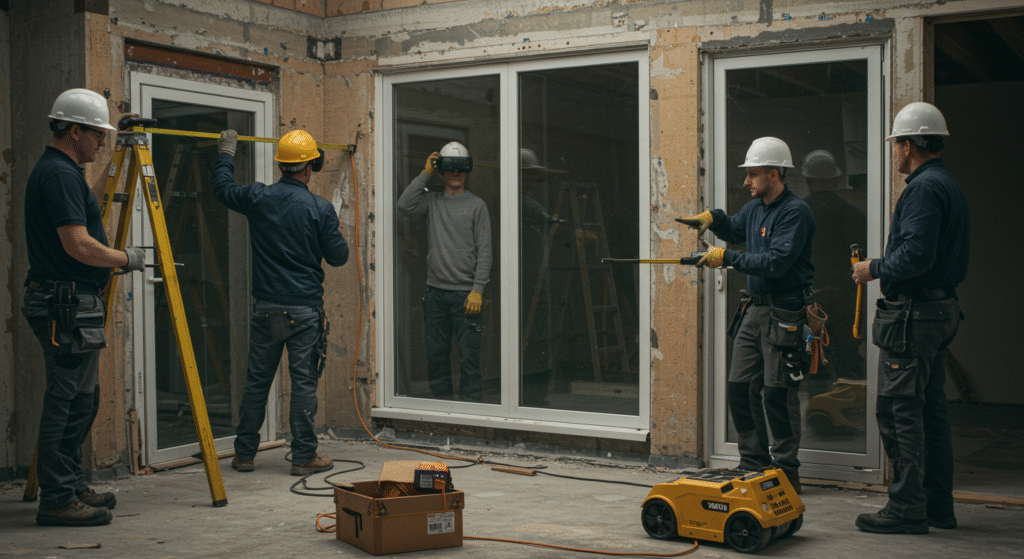
In addition, understanding green building standards like LEED or ENERGY STAR can position you as a go-to expert for environmentally conscious projects. Embracing change ensures you remain competitive and relevant. Contractors who fail to evolve with the industry risk becoming obsolete. By staying proactive and open to innovation, you show clients that you’re committed to delivering the most efficient, stylish, and durable solutions available today. Keeping your skills updated isn’t just a bonus—it’s a necessity for long-term success.
Scaling Up: Growing Your Business
Once you’ve established a reputation and built a steady stream of clients, the next step in becoming a successful contractor is growing your business. This means transitioning from working solo or with a small crew to managing a larger operation. Hiring skilled employees, investing in equipment, and possibly opening additional locations are part of the growth process. Effective leadership and project management skills become essential. You’ll also need systems in place for accounting, inventory, customer service, and compliance. Delegating responsibilities and training your staff to uphold your standards ensures consistency and quality. Partnerships with suppliers and manufacturers can help you get better prices and access premium products. Many successful contractors also expand by offering complementary services, such as siding or insulation, to increase revenue streams. To maintain high standards while scaling, it’s important to implement quality control measures and feedback loops. Consistency and reliability will keep your brand strong as you grow. Partnering with other reputable businesses, such as Expert window and door contractor in Los Altos CA, can also open new doors—literally and figuratively—for your business in neighboring markets.
Conclusion: Commitment to Craft and Service
Becoming a successful door and window contractor is a journey that combines craftsmanship, professionalism, and entrepreneurial vision. From foundational education and licensing to technical mastery and customer service, each step builds upon the last. Success in this industry is not solely about installing windows and doors—it’s about providing solutions that enhance safety, efficiency, and beauty for homes and businesses. As market demands evolve, the best contractors stay adaptable, continuously refining their skills and operations. They understand that the path is not always easy, but it is rewarding. By investing in education, maintaining ethical practices, delivering exceptional service, and embracing innovation, any dedicated individual can rise to prominence in this field. If you’re passionate about quality, committed to learning, and eager to serve your community, the door to a fulfilling and prosperous career is wide open. Whether you’re starting from scratch or looking to elevate your business, remember: success is not built overnight—it’s constructed one project, one satisfied customer, and one expertly installed window or door at a time.
 WhatsApp Us Now
WhatsApp Us Now
